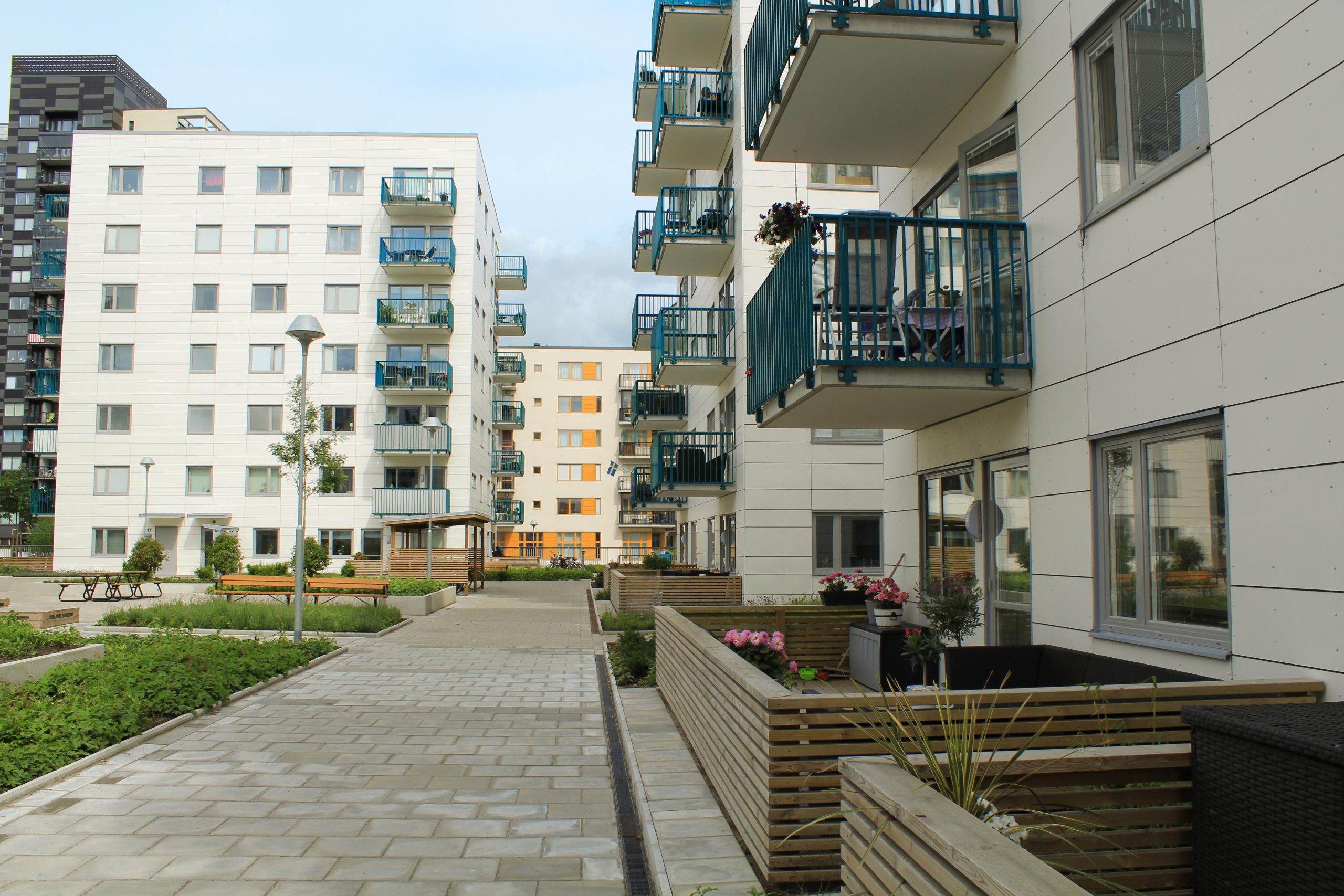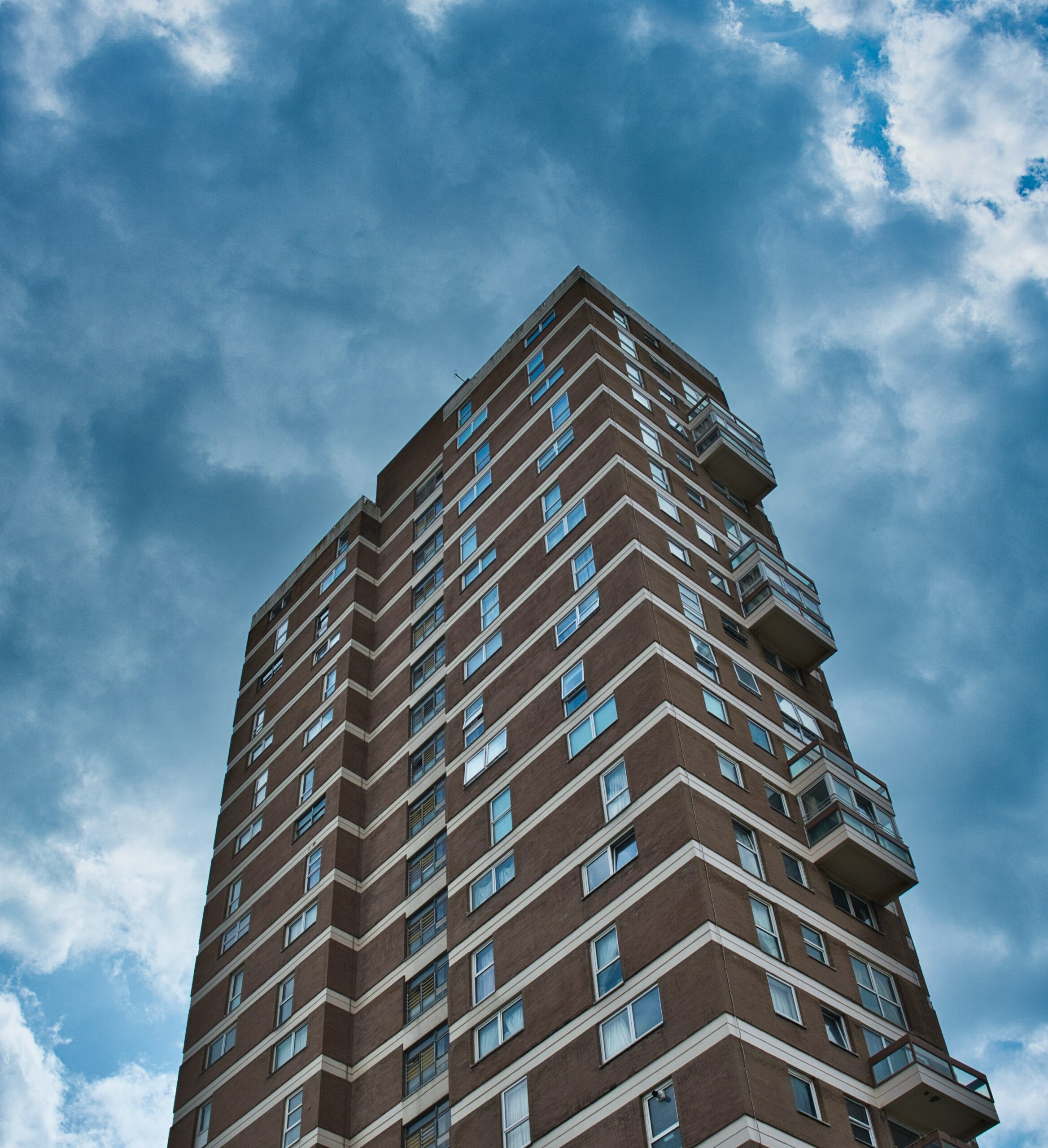A recent Court of Appeal case has highlighted the fine margin between successfully recovering the legal costs of pursuing unpaid service charge arrears – and being left with a hefty legal bill.
Brady Solicitors’ Jeremy Weaver reviews the case of the London Borough of Tower Hamlets v Khan and explains what prevented the freeholder from being able to recover contractual legal costs after a protracted service charge dispute.

The case started in the County Court, where the freeholder brought a claim against Mr Khan for almost £5,000 of unpaid service charges.
Mr Khan disputed the reasonableness of the service charges, so it was transferred over to the FTT, where it was found that the service charges were reasonable.
Mr Khan’s application for an appeal in the Upper Tribunal was refused.
The case then went back to the County Court for a judgment on the legal costs as per the lease.
The relevant (and rather breathless) clause in the lease is below:
“To pay to the Lessors all costs charges and expenses including Solicitors’ Counsels’ and Surveyors’ costs and fees at any time during the said term incurred by the Lessors in or in contemplation of any proceedings in respect of this Lease under Sections 146 and 147 of the Law of Property Act 1925 or any re-enactment or modification thereof including in particular all such costs charges and expenses of and incidental to the preparation and service of a notice under the said Sections.”
The freeholder claimed that the costs incurred at both County Court and FTT were ‘incidental to the preparation of a section 146 notice’.
The judge agreed and awarded them £20,000 in costs plus the remaining amount of outstanding service charges (now reduced to £3,663 following a part payment by the leaseholder).
The leaseholder, Mr Khan, appealed the costs decision and it was sent to the Court of Appeal.
In contemplation of, or incidental to?
It might sound like a question of semantics, but the Court of Appeal decided that there was a clear difference between the two. The lease allowed for contractual legal costs ‘in contemplation of any proceedings’, and costs that were ‘incidental to the preparation and service of a notice’.
In his appeal, the leaseholder successfully argued that the freeholder could not claim the costs as being ‘incidental’. The Court of Appeal agreed and refused to award any costs under the clause in the lease, as no notice had actually been prepared or served and the costs incurred in the FTT “were too remote from the preparation and service of a section 146 notice … to be considered incidental to such preparation and service”.
If the freeholder had claimed costs on the basis of them being ‘in contemplation’, then they might have been more successful, but the costs claim was not advanced on this basis.
The freeholder was able to recover the costs incurred in the County Court under s.51 of the Senior Courts Act 1981 but nothing else.
So less a question of semantics and more one of understanding – and correctly applying – the cost clause in the lease.
As can be seen from the clause earlier in this article (125 words without a single comma or pause for breath) lease interpretation is not for the faint-hearted – but getting it wrong can be time-consuming and expensive.




